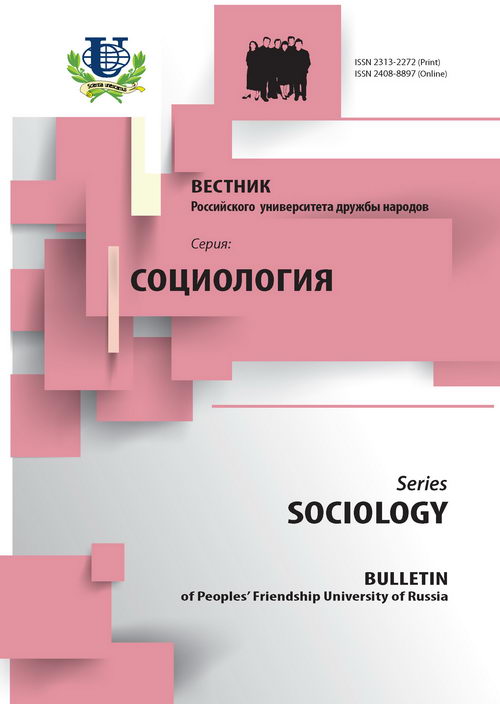Abstract
Based on the sociological data the article determines the causes of emergence of social tensions in the country and society, estimates the reliance of such situations on the population’s satisfaction with the living conditions, and argues the importance of maintaining the sustainable stability for the sustainable development of the state. The author aims to build a comprehensive rating of ‘social concern’ of the post-Soviet states’ citizens as a sum of the following empirical indicators: economic problems of individuals and their families; chances to ensure decent living conditions (health care, access to education, security, etc.); environmental problems; political problems. The article also reconstructs an ideal-typical model of social transformation of post-communist societies consisting of three main stages: searching, stabilization, sustainable development. Based on the analysis of empirical data, the author states that some transitional societies at the turn of the third millennium (for instance, Russia, Belarus, and Kazakhstan) have reached the stabilization phase. The author proposes to assess the level of social stability with the indicator of social tension obtained through the ‘many-stage data grouping’. The empirical data presented in the article are the results of the projects of the Center for Sociological and Political Studies of the Belarusian State University.












